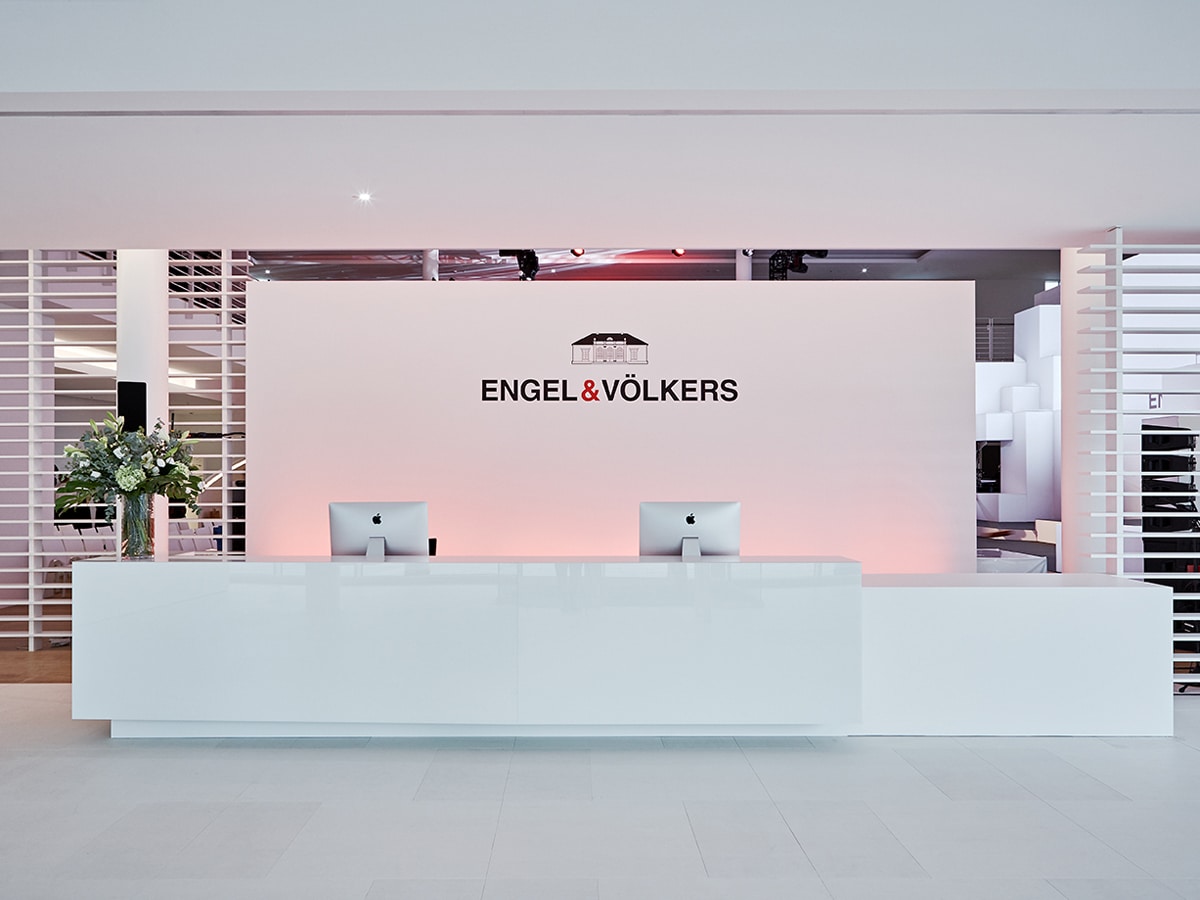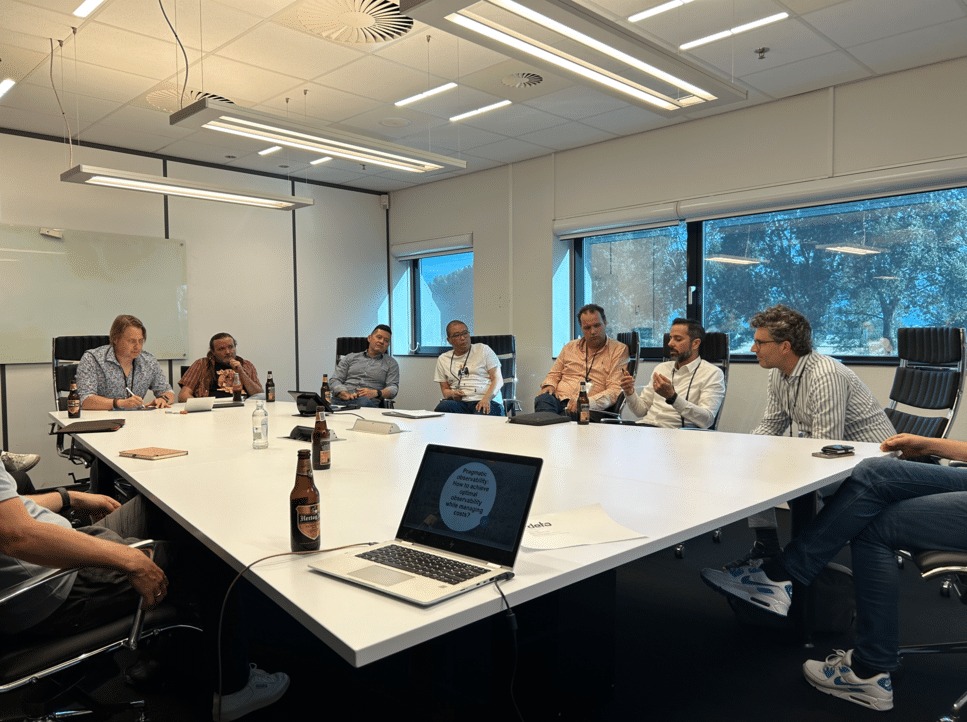In the latest in our Talent Leaders Q&A series, specialist consultant, Cameron Godwin, speaks with Oliver Allnutt, Head of People at Kubrick Group, a data consulting company offering clients access to their highly trained junior data professionals.
Oliver discusses his role as Head of People at Kubrick and the interesting route he took to getting there, he also talks about the specialised training process they offer their consultants and provides us with an insight into the continued success and growth of Kubrick.
Third Republic (TR): You have had quite an interesting career. Could you give us a bit more information about your background and how you got to where you are today?
Oliver Allnutt (OA): I joined Kubrick about a year and half ago, I’m not solely responsible for talent acquisition here at Kubrick, I’m Head of People. I’m responsible for ensuring our consultants are up to standard and that the professional development, technical development and also engagement they experience whilst they’re here is of the highest level. We also have a team of performance coaches, who look after the pastoral and professional development of our people.
We’re a very different type of company. We’re a consultancy who take on really bright people in the data space – data engineering, data science, data analysis, governance, and we’re looking into AI in the future. We train all the consultants in-house, they stay with us for around 2 years after their training and during those 2 years we place them on really exciting client projects, across industries including; financial, investment banking, manufacturing, pharmaceuticals, media etc.
Prior to all of this I served in the British Army for 7 years, I was hired into Kubrick upon leaving the Army to help execute the people strategy.
TR: That’s really interesting, and definitely not your usual route into a people-based role. Could you tell us a bit more about your route into a career with the British Army?
OA: I studied Politics at university and then went on to study a master’s degree in Security Studies. Before I began my master’s, I knew I wanted to join the army, I wanted to challenge myself and gain the varied experience that a career in the army offers.
I went through the officer/commissioning route and joined Sandhurst at 23 and then spent just shy of 7 years in the Infantry. I travelled all over the place, Afghanistan, Kenya, Belize, The Falkland Islands and Canada. I had an amazing time, but I wanted to settle down with my wife and have a bit more stability.
TR: You said part of your job now at Kubrick is to ensure that the people you hire are successfully trained to a certain level. Could you explain a bit more about the in-house training process works?
OA: Absolutely, we take on roughly 60% graduates and 40% junior professionals who are wanting to start their career in data and become trained, particularly in data engineering and data analysis. We train all our consultants in the technical aspects of data; coding, data modelling, the language behind the data, but we also place emphasis on training in driving commercial change, and insights from that data.
Most of the people on our site don’t work in purely data-led teams, they work across our clients’ business units, solving really complex challenges.
TR: That’s really interesting and a very different concept to other consultancies.
OA: Our model is quite unique – we take all the responsibility and risk from our clients, and at the end of their commitment to us, the client can take on the consultant as a permanent employee, which happens about 80% of the time .
The remaining 20% will stay with us and gain some really good progression with Kubrick itself. It’s essentially a 2-year job interview for our consultants. The consultants are our employees, however the client is able to gain a great idea of what their consultant is like over the 2-year placement period, so it helps accelerate our people’s careers – that’s the number one thing that we do.
TR: That’s a great percentage – 80%. So, what do you find is the most difficult thing about bringing on these data engineers into your team? What sort of stumbling blocks are you faced with?
OA: We have a hard and fast rule that we never drop quality – our quality, which of course links to reputation, is really important to us. So, our biggest obstacle is ensuring our quality management is high – which is a nice challenge to have!
We run 3 assessment days a week, which are important to understanding whether someone has the right core attributes to be a Kubrick consultant. Yes, technically savvy is useful, but over and above that we have to ask the following kinds of questions; do they have strong applied mathematics skills? Are they really good communicators that can tell a compelling story? Have they got a professional attitude? Are they inquisitive? All these things go into the melting pot of what a Kubrick consultant should be.
TR: So, would you say it’s not really an issue of finding people, but finding candidates at the right skill level to match Kubrick?
OA: We train 18 people roughly every 6 weeks – that’s our general cycle. We’re looking to grow more this year, but that’s what we’re doing at the moment. We’ve gone from 2 to 200 employees in just 3 years – we’ve experienced some serious growth.
The application funnel starts at around 1400 applicants – we take about 1% of applications through to completion. It is difficult getting into Kubrick, and meeting the criteria that we require to uphold quality and really be innovative.
TR: 1,400 applications is incredibly impressive! How do you generate so many applications for your consultant roles and more importantly generate the right kind of candidates?
OA: We have a variety of core recruitment platforms that we use, and these will generally attract the right kind of calibre of graduates or junior professionals.
For those candidates who meet the initial criteria, we carry out phone interviews to check that someone can communicate well; are they inquisitive? Are they critical thinking? Are they asking the right questions etc.? Then if they progress, they will be asked to a video interview. After that, if we’re impressed, the candidate will be invited to an assessment day here at Kubrick.
TR: Just going back to your training processes, are the people who run the training sessions also involved in the projects with clients? What kind of backgrounds do they come from?
OA: It’s really important to us that the training our consultants receive doesn’t just focus on theory. All of our trainers have industry experience, but from varied backgrounds; for example, we have a training team that hails from background such as HSBC, Barclays the NHS, Credit Suisse among others. We are constantly hiring and expanding to ensure that our consultants are taught well, but also passionately, which is something our training team has in buckets, they really enjoy cascading their knowledge down.
Secondary to that, we use a lot of our clients as a vehicle to help train our people. In our curriculum, they use real-world projects to ensure that it’s not all just theory. Our curriculum is intuitive, and people have to understand that they are going to be out on site after 16 weeks of really good, but broad training. They have to be able to deliver as a consultant and really realise their value to our clients quickly.
TR: There are quite a few steps to your interview process, so how do you keep candidates interested? And how do you ensure that candidate experience is key?
OA: For us it’s a question of why? It’s important to understand that we now live in era where experience means everything – so it’s important to bear in mind that although our recruitment process is designed to assess which candidates abilities suit us, it’s also important for them to assess whether we’re the right fit for them.
I also think transparency is key. Throughout the process, candidates receive really thorough feedback as to why they were or weren’t successful.
We spend a proportionate amount of our time learning how we can improve our processes for our candidates.
TR: You say you’re always learning and adapting, how do you go about that? Do you go on courses, do you send out feedback forms or questionnaires to the candidates?
OA: Feedback is definitely the keyword there. At any stage of the journey through Kubrick; whether that’s the candidate experience, the training experience, the placement experience or even the alumni experience (we have quite a strong alumnus that is starting to build traction), we always want to put feedback out there and meet our people and work out what we have done well, but most importantly what we haven’t done so well, what we might be failing at or where we have to improve.
If you don’t encourage feedback, you’ll never learn, and you won’t be able to work through issues. Secondly, people really appreciate it and it builds inherent trust and integrity both ways. We know our training is great, it’s amazing in fact, but it might need some tests and adjustments in the future. We know our consultant experience is pretty good, but we also know that there is room to improve as well – and I think it’s that self-reflection and collaboration with your people that is the winning formula.
TR: Would you say that you are finding it more difficult to attract technical candidates now?
OA: This is actually a really topical question for us. We held a forum a couple of weeks ago with some of our clients to discuss this very question. I think digital and technology is of course moving rapidly, but over and above this, the requirement to train in cogitative flexibility, soft skills and how to propagate data literacy is becoming more important as we grow.
There’s a really interesting Future of Work report commissioned by the World Economic Forum and it ranks these skills , over and above those of a more technical nature. In essence the right soft skills and the flexibility to change in complex or rapidly changing environments, was rated higher than someone having four plus years of coding experience, for example.
Saying this, I wouldn’t say that we’re finding it difficult to source. We are, however, shifting our mindset now to ensure that, yes, the core training and development of our people is technical (because that’s the business and what we do!), but we also want to make sure that, creativity, critical thinking and emotional intelligence are just as, if not more, important.
We are also currently experiencing a 350% growth in demand from our clients, which is hugely exciting, but also highlights that our clients are finding it more difficult to find these skills themselves organically. That’s one of the challenges that we help to solve by finding them the right people with the right skillsets.
TR: Finally, with all this rapid growth in technology, do you think talent acquisition will ever be replaced by technology and AI?
OA: I definitely don’t think AI will ever replace our talent acquisition teams. From our perspective using emerging technologies to enhance the performance of specialists in talent acquisition is the winning formula. There will always be a need for human touch.




